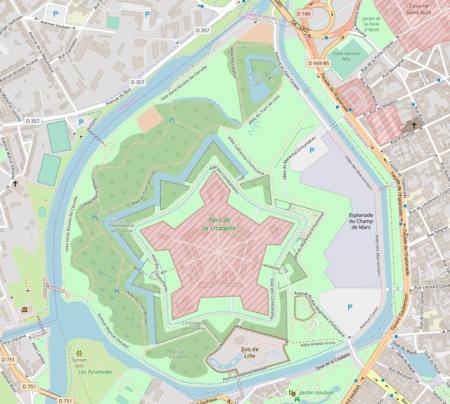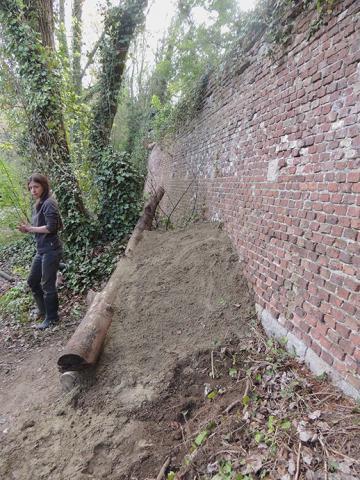
Area characterisation:
Scale of the project: object (building, etc.)
Urban density in which the NbS is implemented: high (dense city center, etc.)
Objective:
- Create pollinators shelters
Restoration of wild pollinators populations (wild bees) by creating shelters, nesting sites and meadows. The overall objective of this project is to protect and provide long term benefits to biodiversity and then to all the network linked in.
Images
Financing:
Global (estimated) cost of the project: > 20 000€
Financing mechanism: cluster1 public financing
BUSINESS MODEL:
Business cluster: Social
Business model: Adopt a stewardship role
The aim of this project is to protect and provide long term benefits to biodiversity and then to all the network linked in.
Transferability of result:
Process enablers:
Knowledge drivers → Information accessibility → knowledge platforms
Knowledge drivers → Awareness → …
...
Process enablers:
... → ... → ...
...
Expected time for the NbS to become fully effective after its implementation: short (immediately to few months)
Feedback: Still well adapted
Expected life time of the intervention: more than 30 years
Dates (for project delivered): Ongoing project (2018)
Client:
Lille municipality
Design team:
- Yohan Tison (ecologist at Lille municipality) (Project manager)
Main partners:
- Blongios (association)
- Entreliane (association)
- inhabitants
GOVERNANCE MODEL:
Governance cluster: cluster5 network governance
Governance model: Collaborative_governance
Contacts:
Alice Duquesnoy (alice.duquesnoy-mitjavila@plante-et-cite.fr)
Olivier Damas
Plante & Cité (https://www.plante-et-cite.fr/)
Maison du Végétal, 26 Rue Jean Dixmeras, 49000 Angers
NBS goals:
- Restoring ecosystems and their functions
- Urban regeneration through nature-based solutions
NBS benefits:
- Restoring ecosystems and their functions
- Increase achievements of biodiversity targets
- Increase Biodiversity
- Increased cultural richness and biodiversity
Further information:
Nature4Cities (https://www.nature4cities.eu/) aims to develop a knowledge diffusion around Nature-Based Solution (NbS) and a decision support platform through new collaborative models.
This project is part of the Nature4Cities's pioneer case studies database, it will feed the observatory, NbS pre-selection and replication tools, gathered into the Geocluster4NBS.
This project was chosen as a pioneer case study for the following reasons: this project create ecological habitats for soil wild bees, endangered species in our cities
Nature4Cities project has received funding from the European Union’s Horizon 2020 research and innovation program under grant agreement No 730468.
